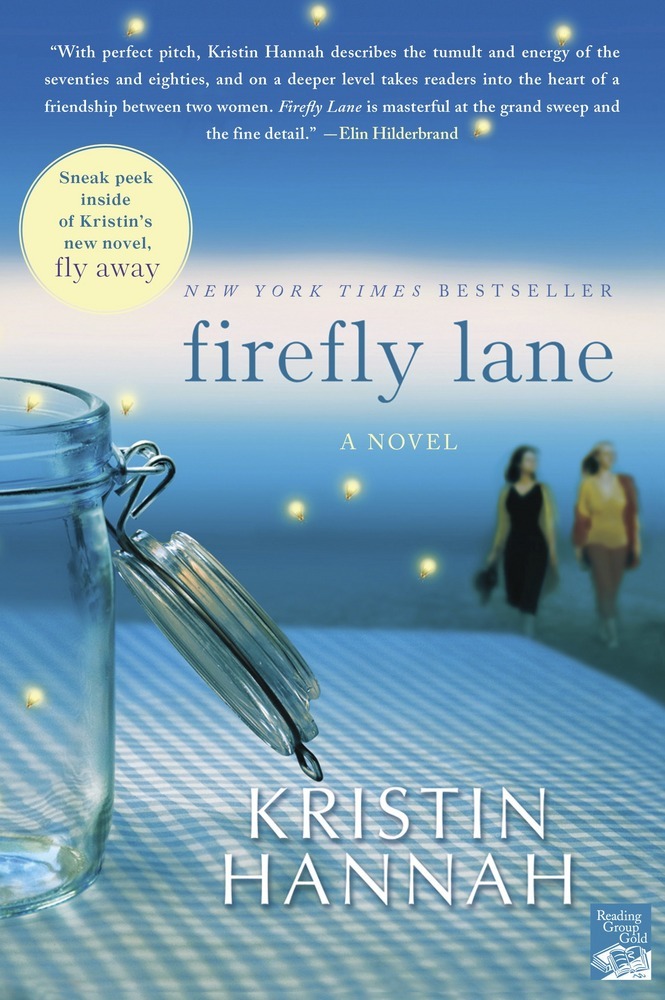People will ship them regardless
If you spend some time around the web, especially on webcomics and/or fanfics, you will see that people tend to endorse relationships (a.k.a. ship) any two characters that are close enough. The webcomics El Goonish Shive illustrates that in one strip.
Regardless of their appeared differences or even distance, it will happen.
But in the following, I will try to explain some approaches that might emphasize the platonic part of their relationship. Whether or not it is cliché or cheesy, depends mostly on how you do it.
Let ship builders build
You might just simply ignore it. You mentioned that your story is not a love story. So let your characters live their story the best they can, and let the readers imagine whatever they want. As mentioned, some will ship them in any case. Maybe even more if you try to prevent it.
Furthermore, most friends don't spend an elaborate amount of time debating the nature of their relationship, regardless of the sexes and/or sexual preferences of those friends. Why should your characters care?
This is, for me, particularly valid if you write some adventure, fantasy, or science fiction. They have enough to cope with than worry about that. And any approach you would use to avoid it, would simply dilute your story and break your rhythm.
The cute neighbour
One way to make some romantic distance, is for the characters to discuss some other romantic interests.
I also see it as realistic. Friends do discuss those things. And you mention that they are very close (quasi exclusive) friends. So who better than the other to discuss a crush?
And if you want to avoid bringing a secondary character, you might make it by simply having the characters discuss that cute boy in the metro, whom they know nothing about and will never meet again.
If both characters are at ease with that discussion and supportive, it will indicate to the readers that they are not interested in each other.
Been there, done that
Another way to convey the current situation to the readers is to give them a specific reason for it. Maybe, they were in a romantic relationship before and it did not work. Maybe, they met in specific circumstances (like each other's ex's getting together). Maybe they grew up together and consider each other like brothers. There are many other ways to convey that there's an actual reason in the past their relationship does not get more intimate.
On that note, they may simply took a chance to discuss what each was looking for in that relationship and agreed that having a great friend was really was they were looking for.
Explore the swings
Another way to explicitely convey the platonic relationship, is to explore away from the stereotypical hetero-centered characters. Sexual orientations are many and various. Having one or another character non hetero would provide some hints to your readers. You can have your female character be strictly lesbian, for example. And be fully out about it.
And if you want to avoid the typical only gay guys can be friends with girls trope, you could make one of them ACE. It works the same way, but is more original. Note that a reverse trope (lesbian+straight) is much less explored.
Note that depending on the style of your story, and time of it, it might be expected to have some romance in it. Most people in their 20s are attracted to other people (ace being the exception). They might not be attracted to each other, but they would be with someone else. Life threatening adventures usually provide great distractions...
Let them justify themselves
One way to explicitely indicate the relationship is to have one or more of the character explain the nature of their relationship.
Depending on the writing style you're aiming for, one of the character might be thinking about it. But that has the drawback, that if their relationship is fully assumed from both side, there's little reasons for that train of thoughts. And on the contrary, it might indicate that that character is questioning the current situation.
But as your readers will tend to ship them, so will their friends. I have seen it in real life, even lived it: a girl and a guy being really close, and their own friends wondering if something more is happening. You could have one character being openly curious about it to one, or even both characters, at the same time. Imagine the following conversation:
" Yesterday, I went to hike with Bob, it was great."
"... I did not realise you spent that amount of time with him. Is there something going on, that I wasn't informed of?"
"What me and Bob? Oh no, we're best of friends, but no, nothing else. Why, are you interested?"
You can leave it at that point, or combine it with something else, like: "no, he's gay", "no, he's in love with someone else", etc. Depending on the importance this has for you, and how inquisitive that third person is.
You might even do that without involving the characters themselves, as
"no need to wait for Bob, he is having lunch with Alice."
"Again? That's like almost every day... Are they together?"
"Not even. I don't get it, but no, happy friends. Never thought he'd be like that."

